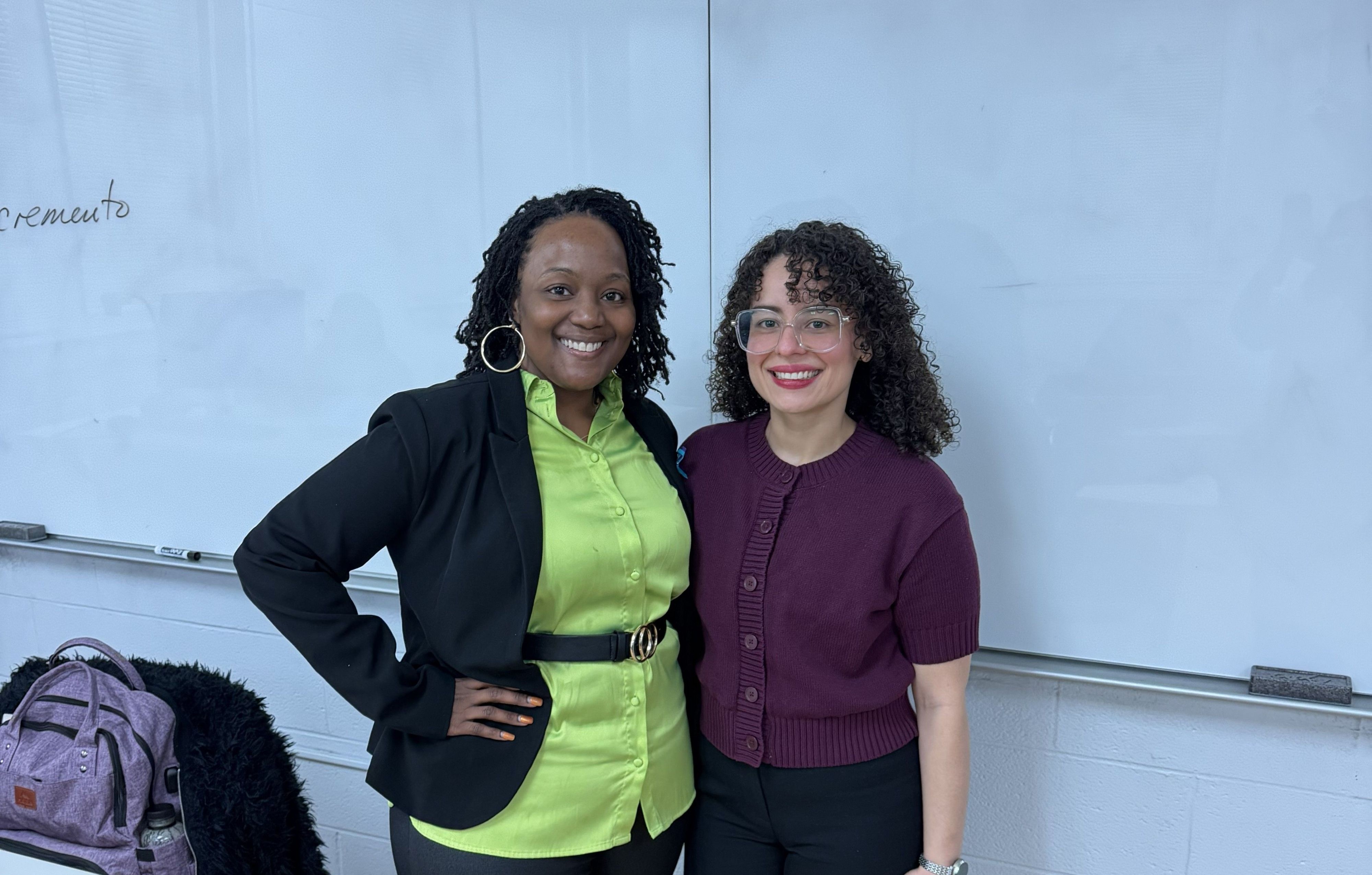University of Maryland Communication Home
Explore Communication at UMD
Undergraduate Students
Interested in our undergraduate program?
The Department of Communication at the University of Maryland offers a B.A. in communication, a rhetoric minor and an oral communication program. Communication is a Top Ten major at the University of Maryland and has been for ten years.
Graduate Students
Faculty and Staff Information
Faculty and Staff Information
Search our directory to learn about our faculty and staff, or access resources relevant to faculty and staff.
Centers
Recent ResearchView All
Framing, public health, and machine learning: Ghana’s noncommunicable disease crisis through the lens of the news media
Innovative study by Dr. Nana Kwame Osei Fordjour published in Crisis and Risk Communication
Author/Lead: Nana Kwame Osei FordjourNoncommunicable diseases (NCDs) have become an urgent public health crisis and a significant cause of death, especially in developing countries like Ghana, where news media coverage influences public understanding of health issues, just as it does in other jurisdictions. This study employs an unsupervised machine learning method on 505 Ghanaian news articles published between 2014 and 2024 to analyze how the themes related to NCDs and the main attribution frames are presented. The results identified four primary thematic frames: stakeholder partnerships and crisis management efforts, Ghana’s NCD risk factors, systemic barriers to managing the crisis, and advances in healthcare technology. Additional attribution analysis revealed two key frames: a lifestyle frame, highlighting individual choices, and a socio-economic frame, connecting NCDs to poverty, weak health systems, urbanization, and environmental factors. Findings reflect global trends while emphasizing the influence of local structural factors in NCD crisis narratives. The study demonstrates the usefulness of computational methods for analyzing large news media text corpora, showing how Ghanaian news media mirror international framing patterns and also reveal unique local barriers and dependencies during public health emergencies.
Discursive legitimation through strategic framing: Insights from central bank crisis responses in Ghana and Nigeria
Recent research published in the Journal of Communication Management
Author/Lead: Nana Kwame Osei FordjourAn organization’s message design during crises is crucial to maintaining its legitimacy. This study extends the framing theory to analyze the strategies used by Ghana’s and Nigeria’s central banks to build discursive legitimacy during their respective financial crises. It also helps to decolonize our understanding of how central banks respond to crises and preserve their license to operate using evidence from two African countries.
The article analyzed 28 statements, ranging from one to 13 pages, issued by the two central banks in their efforts to respond to and manage the crises, using a qualitative frame-analytical approach.
The two central banks emphasize four similar but nuanced frames: stability and resilience in the financial sector; consumer protection and interest; national interest and sovereignty and technological efficiency and inclusion. These findings suggest that, although a shared foundational narrative exists, each country’s central bank employs unique legitimation strategies that align with its socio-economic context.
This study offers practitioners, researchers and students some valuable insights into how public relations technicians in Africa develop crisis response messages during financial emergencies. It also highlights findings that show the reflective situational and cultural factors shaping the content of crisis statements. This study advances broader discussions of discursive legitimation during financial crises and crises more broadly, while also helping overcome the limitations of geographical viewpoints in crisis studies.
Balancing the scale: A critical discourse on feminist resistance movements in Ghanaian and Nigerian media
New Study in the Journal of International and Intercultural Communication
Author/Lead: Felicity DogbatseThis study examines how feminist activists in Ghana and Nigeria utilize digital media to challenge gender inequality and reframe public discourse. Drawing on African feminist theory and employing Feminist Critical Discourse Analysis (FCDA), the research examines case studies of digital activism campaigns, online discourse, and health advocacy initiatives that mobilize resistance against gender-based oppression. Data were collected through scraping of social media posts on digital feminist discourses via screen captures and archiving. Findings show that Ghanaian and Nigerian feminists strategically use digital media to amplify women’s voices, confront sexual violence, and advocate for reproductive and health rights. These communicative practices disrupt patriarchal discourses, reimagine African womanhood as politically active and self-defining, and facilitate intercultural communication by translating global gender justice narratives into localized forms of resistance. Overall, the study demonstrates how feminist resistance in these contexts is historically grounded, socially transformative, and expands African feminist scholarship by highlighting digital media as a tool for agency, solidarity, and social change.






